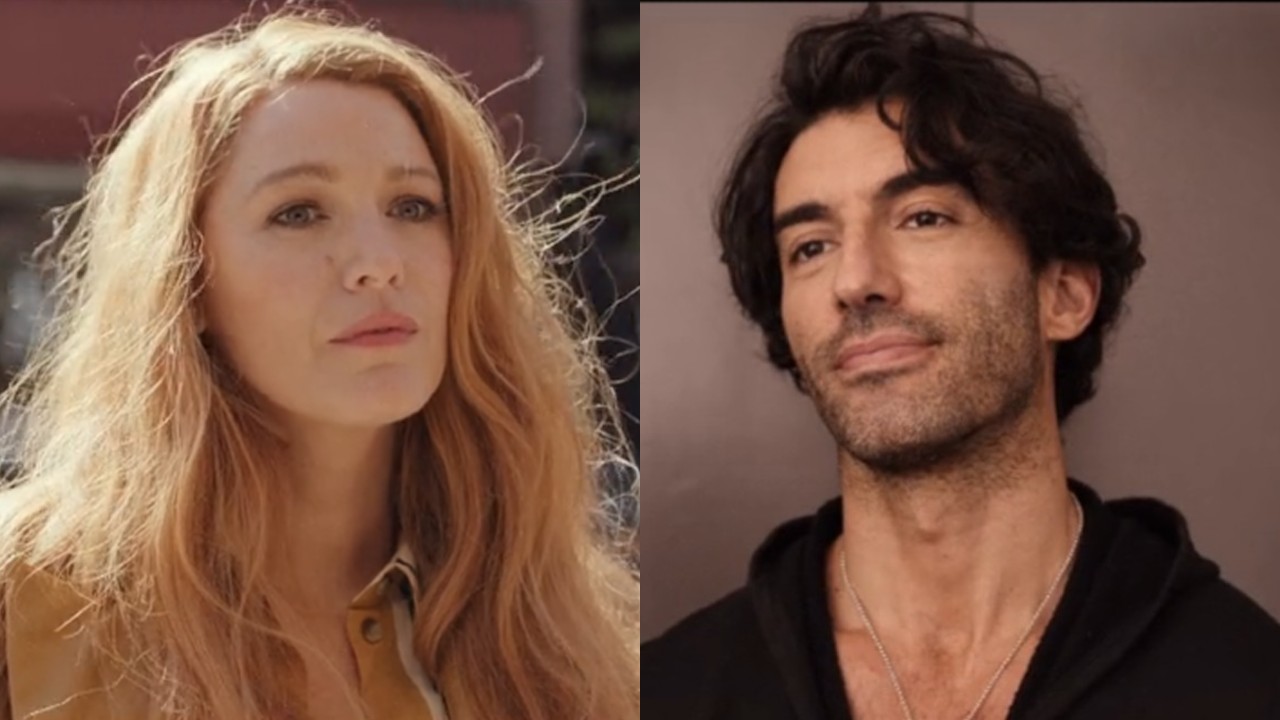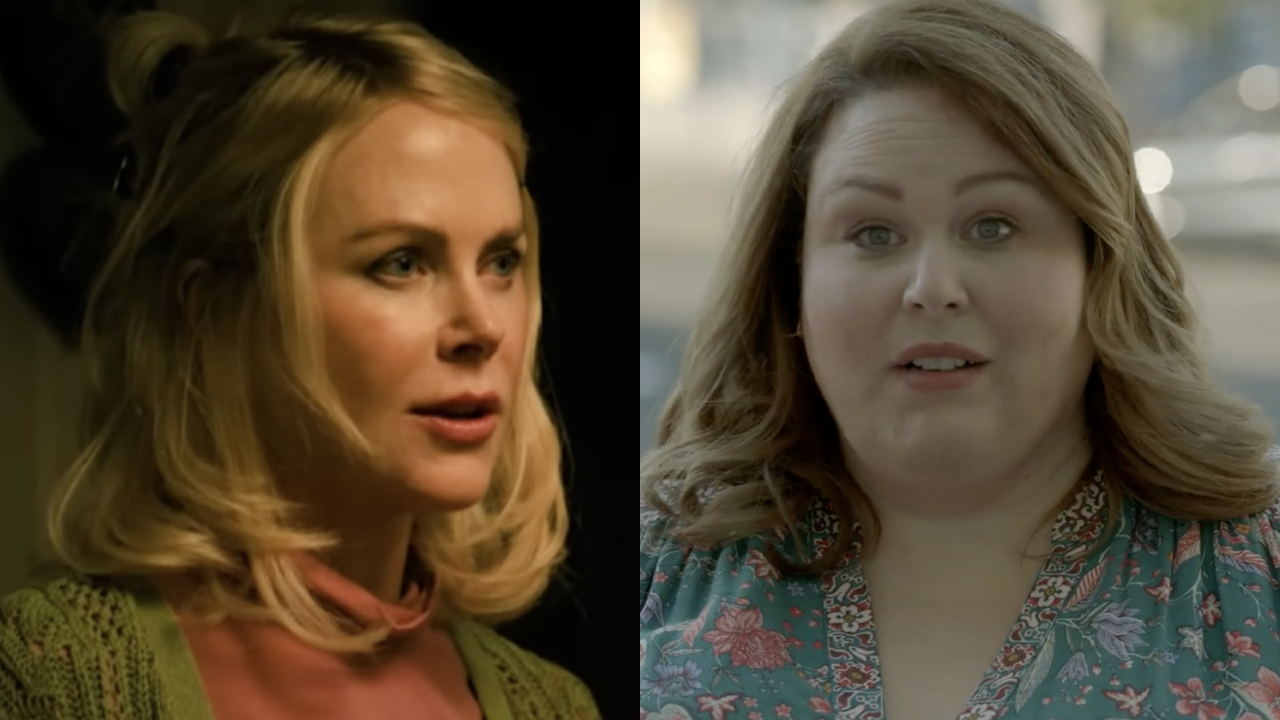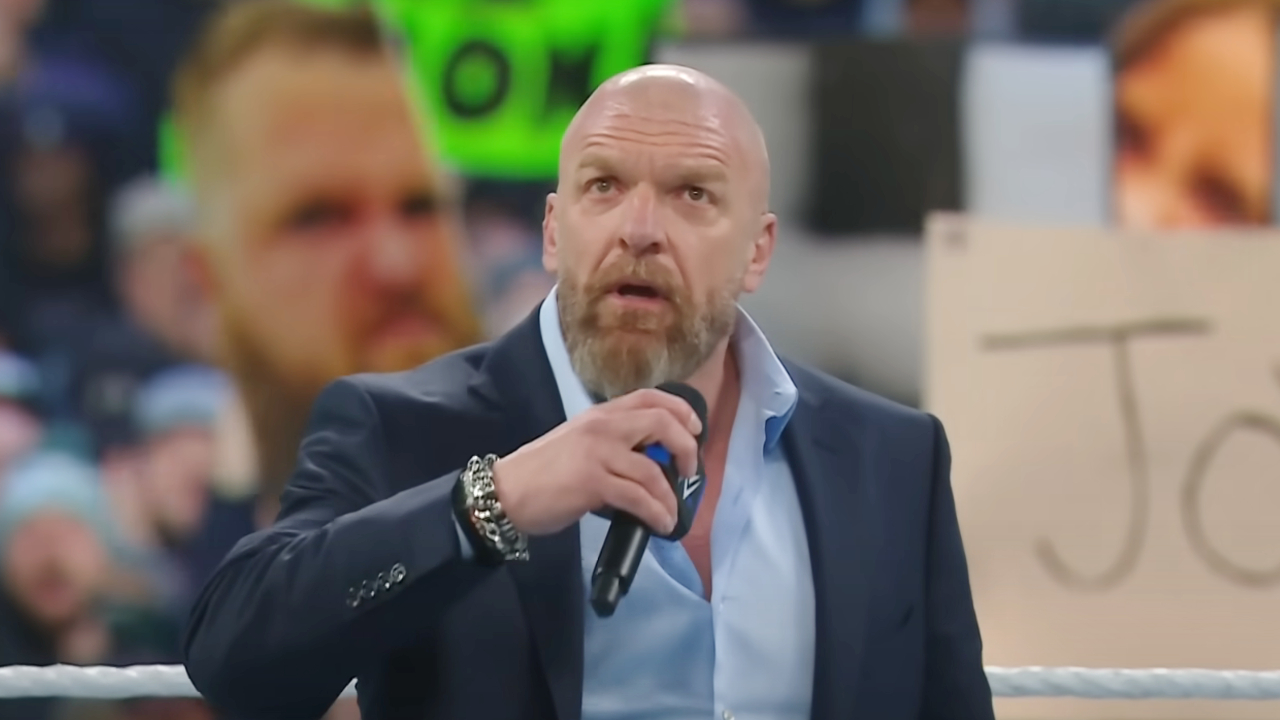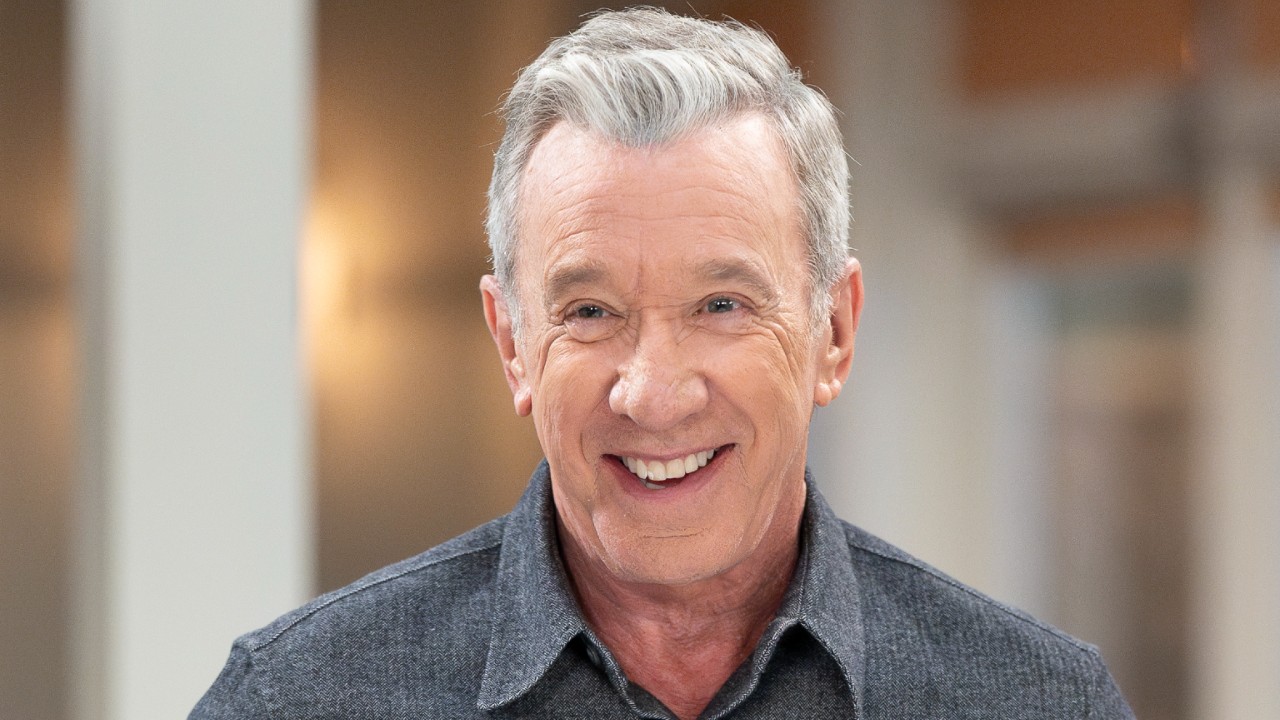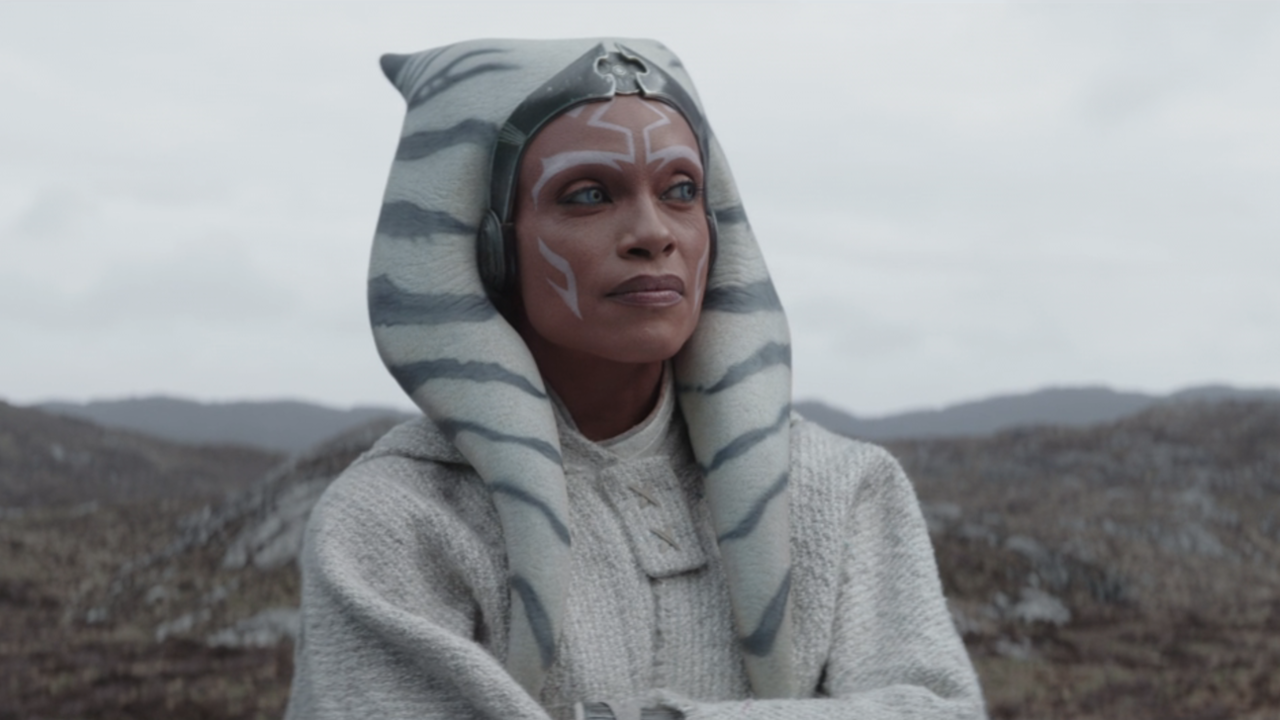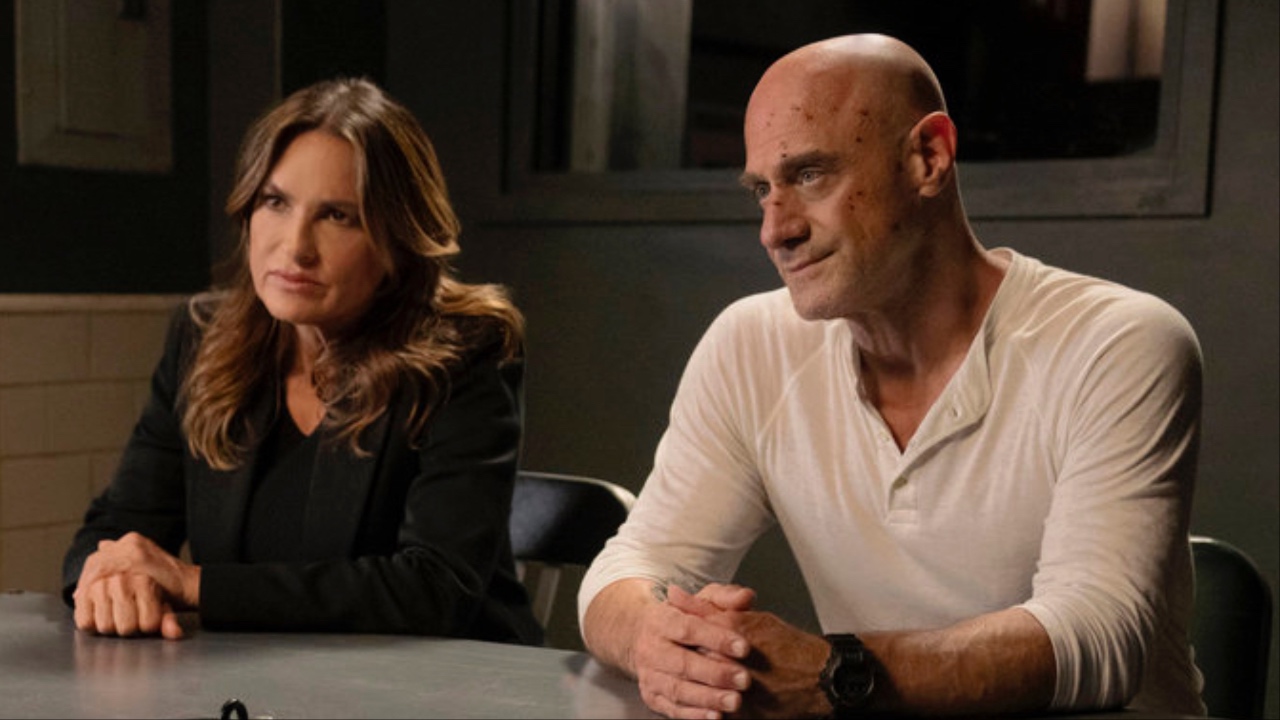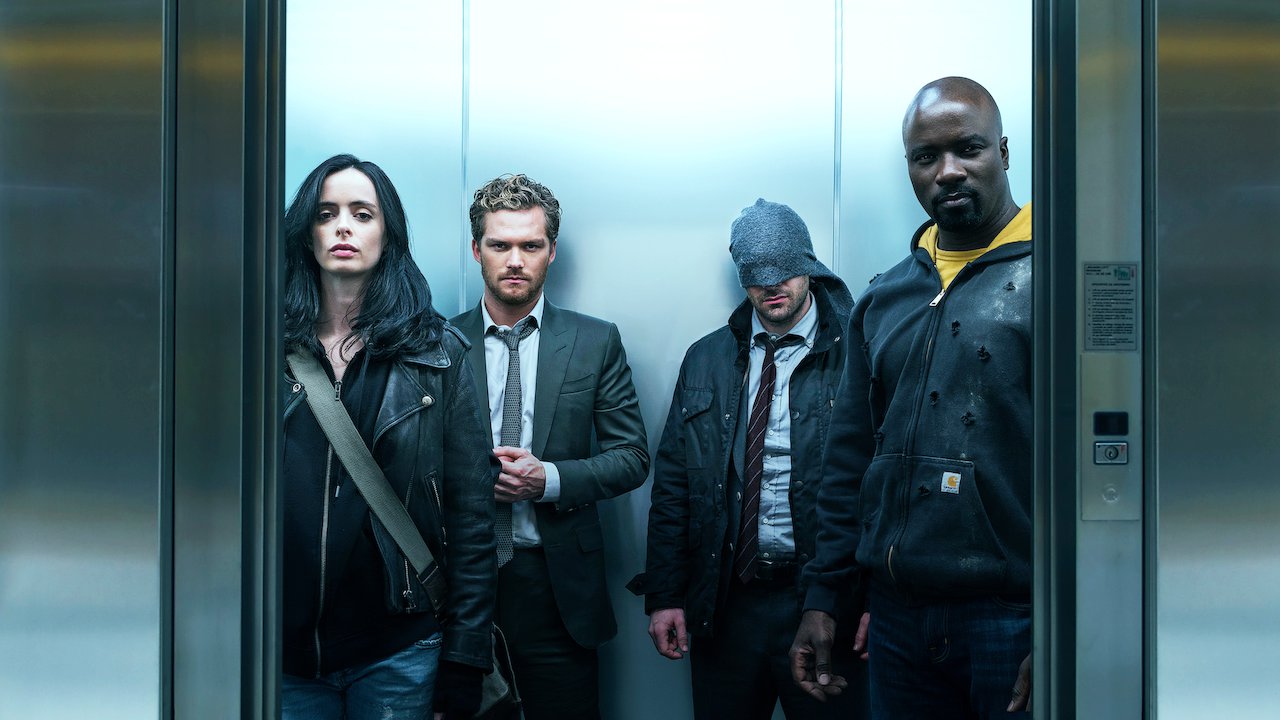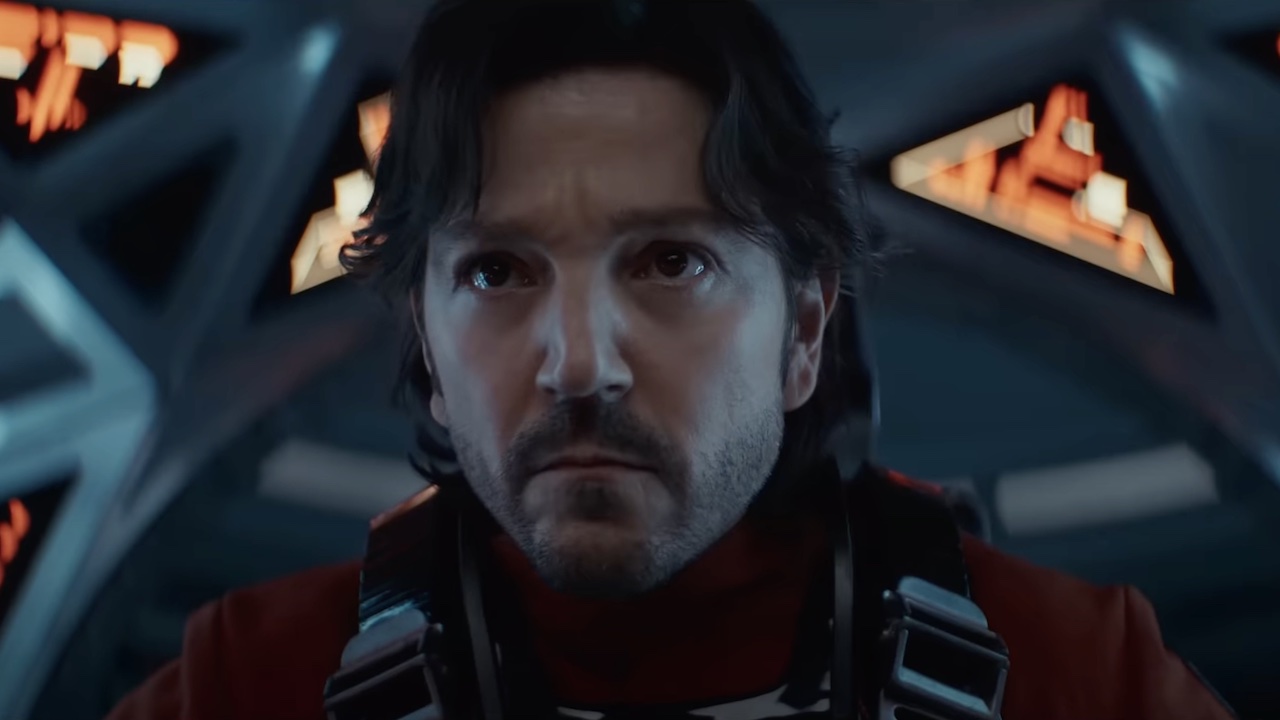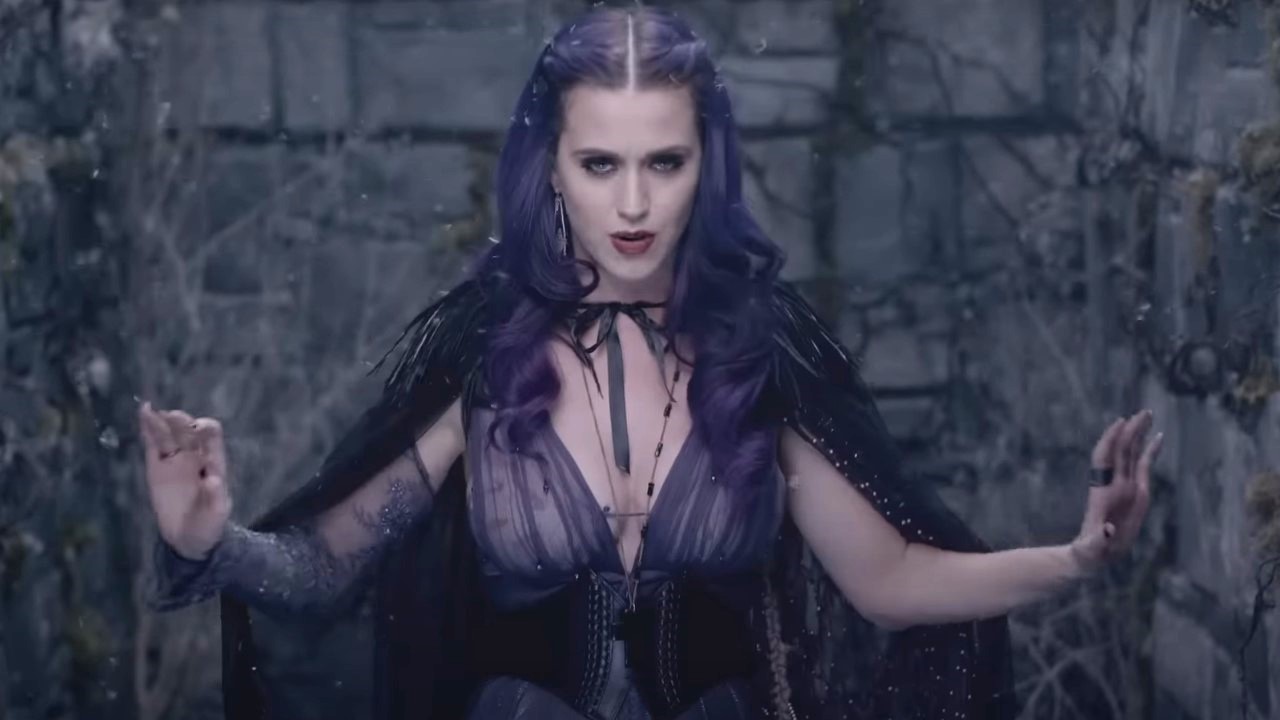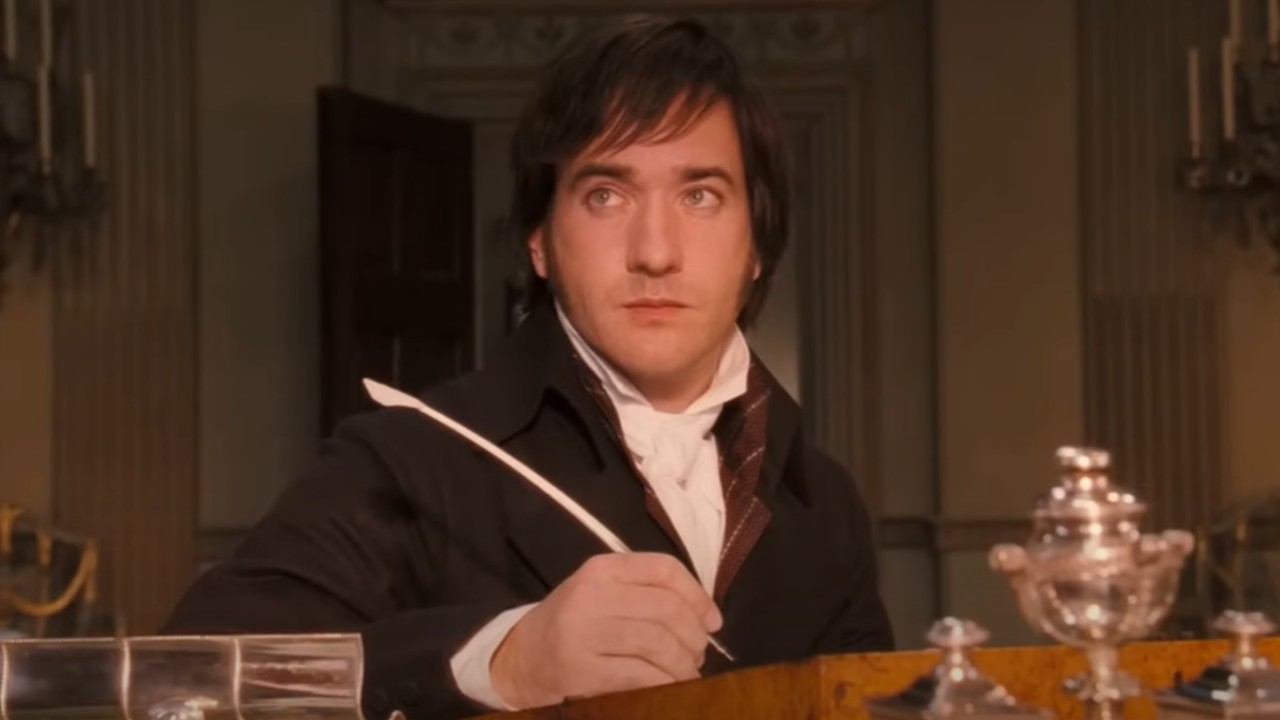Dead Trigger Goes Free-To-Play Because 90% Of Android Users Are Pirates

The headline is hyperbole put together from the words of Madfinger Games: They’re angry, they’re pissed and sensationalism with a dash of real-world numbers is the best way to express their frustration over the fact that a $0.99 game like Dead Trigger was pirated at a 9 to 1 ratio.
According to the Guardian, they do a very well researched and objective write-up about the issue of mobile gaming piracy and the perception developers and phone users have of mobile games. In the write-up, Madfinger points the finger at a lack of DRM or encryption for protecting content on Google phones, saying on their Facebook page that…
"At first we intend to make this game available for as many people as possible - that's why it was for as little as buck. - It was much less than 8$ for SHADOWGUN but on the other hand we didn't dare to provide it for free, since we hadn't got XP with free-to-play format so far. - However, even for one buck, the piracy rate is soooo giant, that we finally decided to provide DEAD TRIGGER for free."
I don’t know about any of you but doesn’t a 9 to 1 piracy ratio kind of fly in the face of all those devs talking about mobile gaming destroying console gaming? I mean, even if we were hypothetically running with that scenario and completely ignore the real-world numbers that dictate otherwise, how would mobile gaming mount an offense against another market if majority of the games were being pirated? I don’t know about you guys, but it’s kind of hard to make money when your property is being stolen.
Anyway, Madfinger isn’t alone. Sports Interactive’s Football Manager for mobile phones also suffered a 9 to 1 piracy ratio, as bewailed by Sports Interative’s Miles Jacobsen in an interview with Eurogamer…
"There's no working copy protection on the platform currently, so it's pretty easy for someone to get it working," ... "The platform is also very popular in some countries where there's a larger piracy problem than in others."
In a survey by analyst and marketing research firm Yankee Group, the Guardian reports that 27% of 75 Android developers felt that piracy was a huge problem, 26% said it was somewhat of a problem and the remaining 47% were chill with the whole scenario.
The Guardian also reports that piracy has cost an upwards of $10,000 for some developers and in the case of Madfinger, who is probably best known for bringing core games using the Unity Engine to mobile devices, it means turning that $0.99 game into a free-to-play title with microtransactions.
This whole scenario created a very interesting debate about the motives of the pirates, especially considering that even with Steam’s super-mega, discounted sales none of the games hit the $0.99 barrier. Even more-so gamers were inclined to buy these games over pirating them, even though pirating is still a very viable option. I’m beginning to think that in a lot of cases it’s not even about the money, and some users have acquiesced that they don’t mind paying for apps but they would prefer to try-before-they-buy, hence they pirate before they buy.
CINEMABLEND NEWSLETTER
Your Daily Blend of Entertainment News
Other users felt that the price of admission wasn’t worth it for some games when they’re heavy laden with ads or pop-ups, and other users felt that the games themselves were just of poor quality and didn’t deserve a price of entry. Ouch.
I think the mobile market is still heavy in its infancy, especially in regards to finding a stable price-point versus the amount of content or value offered in the product, something that companies such as Valve and CD Projekt have nearly mastered with universal praise, helping PC games thwart piracy to the point where it’s nearly becoming a non-issue for most developers.
Madfinger’s games are also of especially high quality for mobile titles and it’s understandable if they’re not pleased that gamers aren’t willing to dump 99 cents into a game and would rather pirate it.
There is, however, one last alternative as to why gamers have resulted to pirating cheap-as-a-cigarette-butt apps, and it could be that gamers are simply protesting that they don’t want gaming to turn into one big microtransaction pay-to-win fest, despite the fact that many developers are trying to avoid that very scenario and piracy is moving it in that direction.
Regardless, you can check out the entire article, which is a very good read, over at the Guardian, as if it wasn’t mentioned enough times already in this article.
Staff Writer at CinemaBlend.
Blake Lively's Team Got Called Out By Justin Baldoni's Lawyer For 'Abuse Of Process' And 'Super Shady' Legal Tactics After Quiet Lawsuit Filing
Like Nicole Kidman Before Her, This Is Us' Chrissy Metz Gets Candid About Why She Left Hollywood For Tennessee
One Of Harrison Ford's Best Movies Came Out 40 Years Ago, And No One Talks About It Anymore

